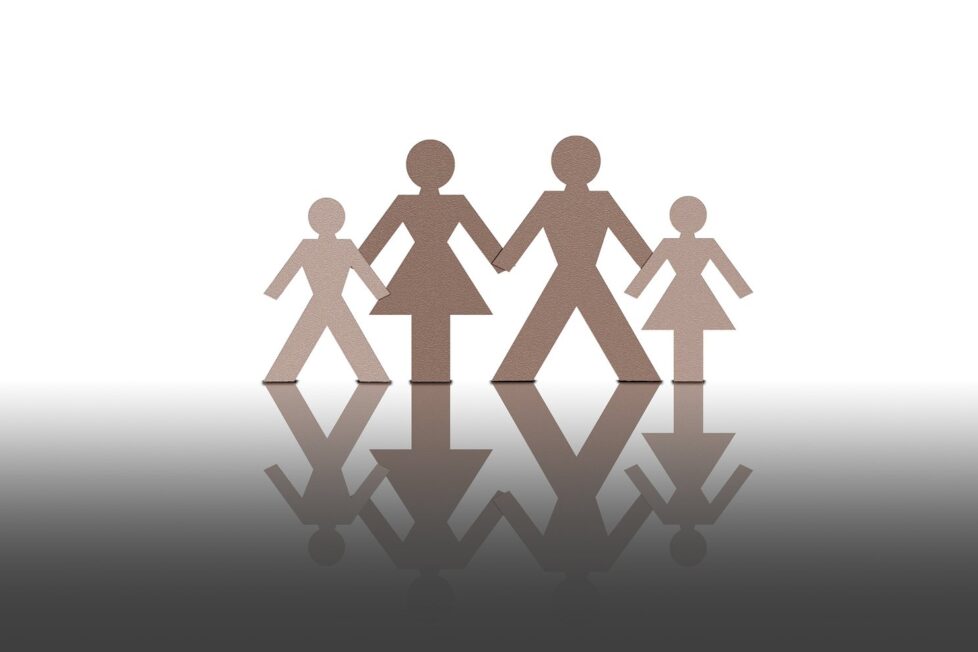How to keep friends in the age of Modi and Trump


Political leanings should not be the only thing that determines friendships
Thanks to social media we are discovering that marriages are falling apart because husband and wife have different political ideologies. Children want to disown their own parents because they are not woke enough. Come election cycle and many friendships come under sever strain due to political differences. Needless to say, it was not always like this. Politics used to be a private matter and in an instant, it has become front and center. Let’s face it: There is no going back to those blissful days. Now we are asking questions we never would’ve imagined only a few years ago: Can you be friends with someone who likes a political party you oppose?
Obviously, not everyone who agrees with your political ideology is a good person and not everyone who disagrees is bad. Let’s keep aside moral judgements of good and bad and look at chemistry and compatibility. Friendship and companionship go beyond political issues. How are your tastes when it comes to movies, music, travel, reading, food rather than what do you think of a politician?
One of the worst reasons to lose a good friend is a difference of opinion on a political issue. This is not an either or situation. In my opinion, it is not only possible, but very desirable to have friends who need not necessarily share same views as yours when it comes to various political and ideological issues. Doing this used to be the norm which didn’t require any special skill. Now, it requires some thought, some skills and following some rules or principles. What I am offering is not some profound insight or in depth analysis. I arrived at these based on simple trial and error. Sometimes they work well. But first, let’s talk about my own experience on this issue
I was born in a family that supported Congress party, both on my father’s side and my mother’s side. On my father’s side, the local MLA, won unanimously sometimes. Things changed later on one side. I have seen that transition. I also run a business where all my partners have opposing political views as mine. We have heated arguments whenever we meet. We remain good friends. Our families are very friendly to each other. We go on holidays together. Our diametrically opposing political views have never come in the way of our business decisions or operations. I routinely hire people who I later learn have differing political views but that has no bearing on their career growth. I remain friends with many who don’t agree with me on politics. Let me be clear: This isn’t some virtue. It is not special. Neither I nor my business partners and friends possess some special talent or skill.
This tribalism is not sustainable in my view. I am no trend spotter, just a feeling. Plus, no point being pessimistic anyways. How will it end? How much worse is it going to get? What will make it end? These are hard questions and my guess is as good as yours. I just want to focus on how do we cope in the meanwhile based on some simple rules I have been using. There is no science or date to support these rules. They seem to work for me. There is no logic in the order they appear
Following these principles means the universe of friends you can have a discussion on politics shrinks dramatically but how many true friends we have anyway. We don’t need that many to maintain much needed sanity.
DISCLAIMER: The author is solely responsible for the views expressed in this article. The author carries the responsibility for citing and/or licensing of images utilized within the text.
1 Comment
You must be logged in to post a comment.

Well, you dont really need to have a political leaning at all.
Let look at it…
At the national level, its your MP who represents you. He’s the guy you’ve chosen to talk in the Lok Sabha. Similar is the story at the state level.
Government decisions are the collective decisions taken by all these elected members. Thats the Greatest thing about a Democracy right.
Now, if you dont agree with a decision, you can certainly write to your MP / MLA and he can then raise it in the Lok Sabha / Assembly.
Also, if you dont really dont like what your MP / MLA has been doing for the last 5 years, elect a replacement.
So, tell me now, where’s the question of debate based on political leanings ?